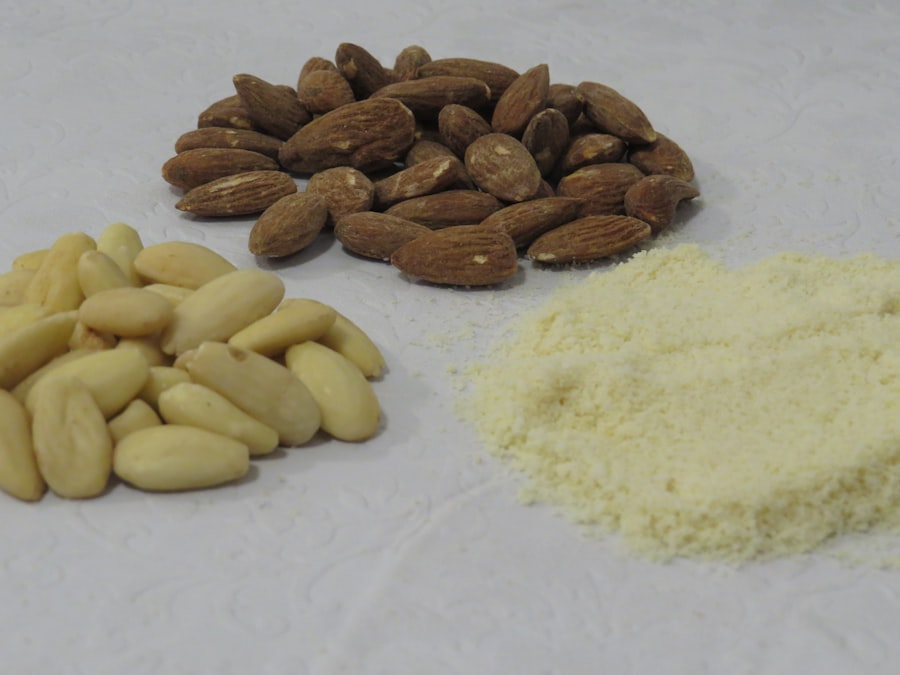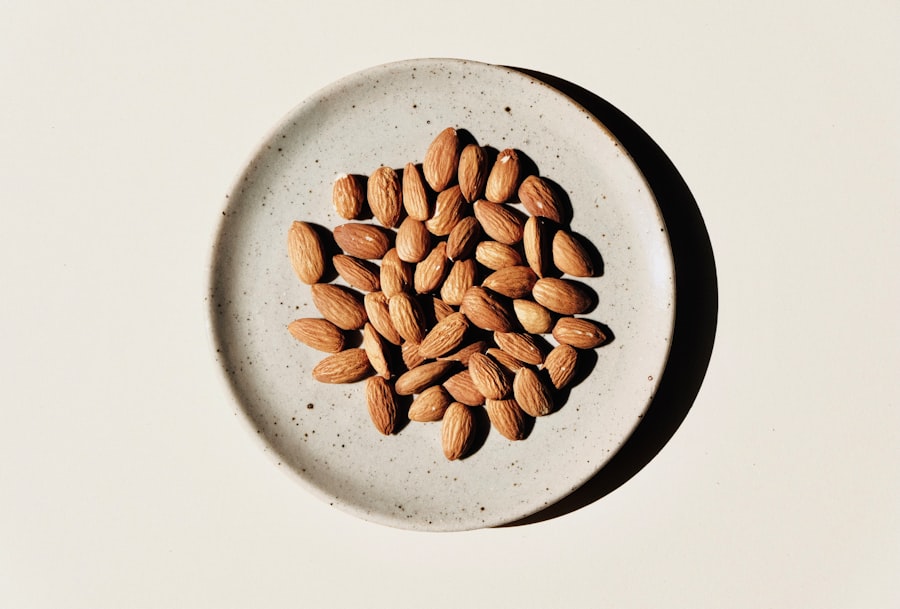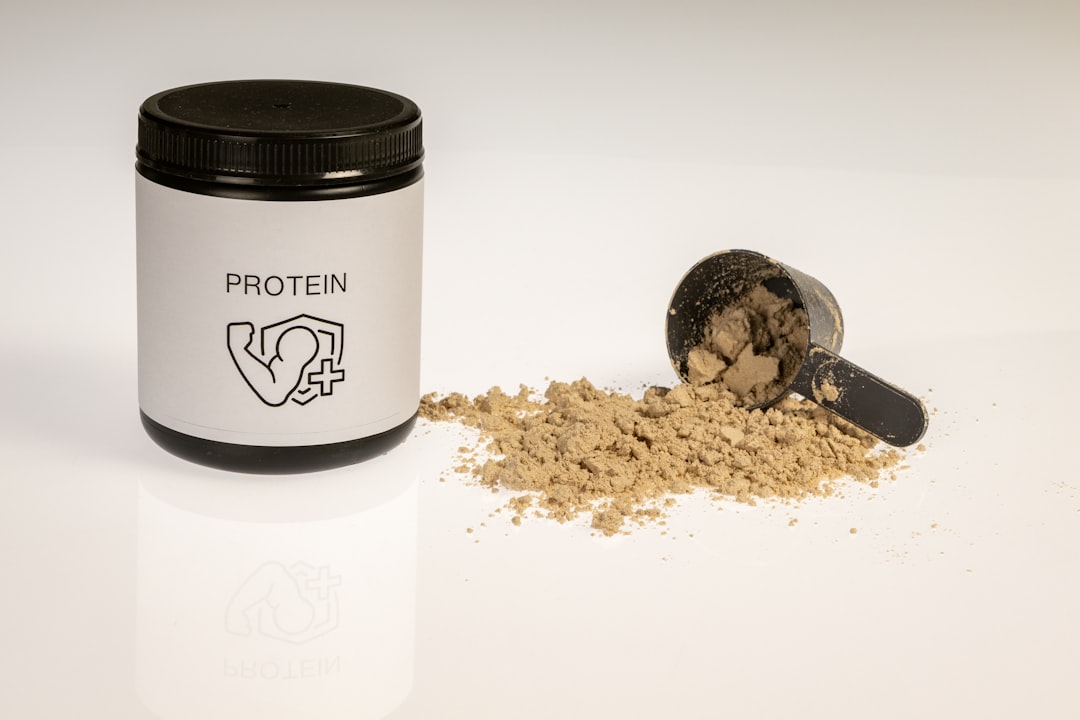When it comes to liver health, protein intake plays a crucial role that you may not fully appreciate. The liver is a vital organ responsible for numerous functions, including detoxification, metabolism, and the synthesis of essential proteins. If you or someone you care about is dealing with liver damage, understanding the importance of protein can be a game-changer in the recovery process.
Protein is not just a building block for muscles; it is essential for repairing tissues and producing enzymes that facilitate various biochemical reactions in the body. As you age, your body’s ability to repair itself diminishes, making adequate protein intake even more critical. For seniors, especially those with liver damage, protein can help mitigate some of the adverse effects of aging and illness.
It supports the regeneration of liver cells and helps maintain overall health. By prioritizing protein in your diet, you can significantly enhance your liver’s ability to heal and function optimally.
Key Takeaways
- Protein intake is crucial for liver repair and optimal liver health
- Protein plays a key role in supporting liver function and repair
- Seniors with liver damage should aim for recommended protein intake levels
- Choosing the right sources of protein is important for liver repair
- Balancing protein intake with other nutrients is essential for optimal liver health
The Role of Protein in Supporting Liver Function
Protein serves multiple functions that are vital for maintaining liver health. One of its primary roles is to support the synthesis of albumin, a protein produced by the liver that helps maintain blood volume and pressure. When your liver is damaged, its ability to produce albumin may be compromised, leading to various complications.
By ensuring adequate protein intake, you can help your liver produce enough albumin to support these essential functions. Moreover, proteins are involved in the production of enzymes that aid in digestion and metabolism. These enzymes are crucial for breaking down nutrients and detoxifying harmful substances.
When your liver is under stress due to damage or disease, it may struggle to produce these enzymes effectively. By consuming sufficient protein, you can help bolster your liver’s enzymatic activity, thereby enhancing its ability to process nutrients and eliminate toxins from your body.
Recommended Protein Intake for Seniors with Liver Damage

Determining the right amount of protein for seniors with liver damage can be complex, as individual needs may vary based on factors such as age, weight, and overall health status. Generally, healthcare professionals recommend that seniors consume between 1.0 to 1.2 grams of protein per kilogram of body weight daily. However, if you are dealing with liver damage, your protein needs may be higher to support healing and recovery.
It’s essential to consult with a healthcare provider or a registered dietitian who can assess your specific situation and recommend an appropriate protein intake tailored to your needs. They can help you understand how much protein you should aim for daily and how to distribute that intake throughout your meals to maximize absorption and utilization by your body.
Choosing the Right Sources of Protein for Liver Repair
| Protein Source | Benefits for Liver Repair |
|---|---|
| Lean meats (chicken, turkey) | High-quality protein, low in saturated fat |
| Fatty fish (salmon, mackerel) | Rich in omega-3 fatty acids, anti-inflammatory properties |
| Eggs | Good source of protein, choline for liver health |
| Legumes (lentils, chickpeas) | High in fiber, plant-based protein |
| Dairy (low-fat milk, yogurt) | Calcium, vitamin D, and protein for liver function |
Not all protein sources are created equal, especially when it comes to supporting liver health. You should focus on high-quality protein sources that provide essential amino acids necessary for tissue repair and regeneration. Lean meats such as chicken and turkey, fish rich in omega-3 fatty acids like salmon, and plant-based options like legumes and quinoa are excellent choices.
Incorporating a variety of protein sources into your diet can also help ensure you receive a broad spectrum of nutrients that support overall health. For instance, dairy products like yogurt and cottage cheese not only provide protein but also offer calcium and probiotics that can benefit gut health. If you prefer plant-based options, consider incorporating nuts and seeds, which provide healthy fats along with protein, contributing to a balanced diet that supports liver repair.
Balancing Protein Intake with Other Nutrients for Optimal Liver Health
While protein is vital for liver repair, it’s equally important to balance your intake with other essential nutrients.
For instance, incorporating fruits and vegetables rich in antioxidants can help combat oxidative stress on the liver.
Additionally, healthy fats from sources like avocados and olive oil can support cellular health and provide energy without overburdening the liver. Whole grains can offer fiber that aids digestion and helps regulate blood sugar levels. By focusing on a balanced diet that includes a variety of nutrients alongside adequate protein intake, you can create an environment conducive to liver healing.
The Impact of Protein Quality on Liver Repair

The quality of the protein you consume can significantly impact your liver’s ability to repair itself. High-quality proteins contain all essential amino acids in sufficient quantities, making them more effective for tissue repair and regeneration. Animal-based proteins are generally considered high-quality due to their complete amino acid profile.
However, many plant-based proteins can also be high-quality when combined appropriately. For example, combining legumes with grains can create a complete amino acid profile similar to that of animal proteins. This means that even if you prefer a vegetarian or vegan diet, you can still meet your protein needs effectively by being mindful of how you combine different food sources.
Understanding the quality of the proteins you consume will empower you to make informed dietary choices that support your liver’s healing process.
Incorporating Protein into a Senior’s Diet for Liver Repair
Incorporating adequate protein into your diet doesn’t have to be complicated or monotonous. You can start by adding protein-rich foods to each meal and snack throughout the day. For breakfast, consider options like Greek yogurt topped with fruits or oatmeal mixed with nuts and seeds for added protein content.
Lunch could include a salad topped with grilled chicken or chickpeas for a plant-based option. Dinner is another opportunity to boost your protein intake; think about grilled fish or lean meat served alongside quinoa or brown rice. Snacking on nuts or cheese can also contribute to your daily protein goals without feeling overwhelming.
By diversifying your meals and snacks with various protein sources, you can make it easier to meet your nutritional needs while enjoying delicious food.
Monitoring Protein Intake for Seniors with Liver Damage
Monitoring your protein intake is essential for ensuring you meet your dietary goals effectively. Keeping a food diary or using mobile apps designed for tracking nutrition can help you stay accountable and aware of how much protein you’re consuming daily. This practice allows you to identify patterns in your eating habits and make adjustments as needed.
Regular check-ins with healthcare professionals can also provide valuable insights into how well you’re meeting your protein needs. They can help assess whether you’re experiencing any symptoms related to inadequate or excessive protein intake and guide you in making necessary changes to optimize your diet for liver repair.
Potential Risks and Considerations When Increasing Protein Intake for Liver Repair
While increasing protein intake can be beneficial for liver repair, it’s essential to approach this change cautiously. Excessive protein consumption may lead to complications such as kidney strain or dehydration, particularly in seniors who may already have underlying health issues. It’s crucial to strike a balance between meeting your protein needs and avoiding overconsumption.
Additionally, some individuals may have specific dietary restrictions or conditions that require careful consideration when increasing protein intake. For instance, those with certain types of liver disease may need to limit their protein consumption temporarily until their condition stabilizes. Always consult with a healthcare provider before making significant changes to your diet to ensure that you’re doing so safely.
Seeking Professional Guidance for Optimizing Protein Intake for Liver Repair
Navigating dietary changes can be challenging, especially when dealing with health issues like liver damage. Seeking professional guidance from a registered dietitian or nutritionist can provide personalized recommendations tailored to your unique needs and circumstances. These experts can help you develop a meal plan that incorporates adequate protein while considering other essential nutrients necessary for overall health.
Professional guidance can also help you understand how different foods interact with medications or other treatments you may be undergoing for liver damage. By working closely with a healthcare professional, you can optimize your dietary choices and enhance your chances of successful recovery.
The Importance of Consistency in Protein Intake for Long-Term Liver Health
Consistency is key when it comes to reaping the benefits of increased protein intake for liver repair. Making it a habit to include adequate protein in your daily meals will not only support immediate recovery but also contribute to long-term liver health. Over time, consistent dietary practices can lead to improved liver function and overall well-being.
Establishing routines around meal planning and preparation can make it easier to maintain consistent protein intake. Whether it’s setting aside time each week to prepare meals or keeping healthy snacks readily available, these small changes can have a significant impact on your long-term health outcomes. By prioritizing consistency in your dietary habits, you’re investing in your future well-being and supporting your liver’s ongoing health journey.
Aging can bring about various health challenges, and maintaining liver health is crucial for seniors. An important aspect of liver repair and overall health in older adults is adequate protein intake. According to a related article on Explore Senior Health, consuming sufficient protein can aid in liver regeneration and repair, which is vital for seniors who may be dealing with liver-related issues. The article emphasizes the importance of incorporating high-quality protein sources into the diet to support liver function and overall well-being in the elderly population.
WATCH THIS! 🧃The 60-Year Liver Lie: Why Your “Healthy” Juice Is Destroying Your Liver
FAQs
What is the importance of protein intake for liver repair in seniors?
Protein is essential for liver repair in seniors as it helps in the regeneration of liver cells and the production of enzymes necessary for liver function. Adequate protein intake can also help prevent muscle wasting and maintain overall health in seniors.
How much protein should seniors consume for liver repair?
The recommended dietary allowance (RDA) for protein for seniors is 0.8 grams per kilogram of body weight. However, for liver repair and maintenance, seniors may need slightly higher protein intake, depending on their individual health status and any underlying liver conditions.
What are some good sources of protein for seniors for liver repair?
Good sources of protein for seniors include lean meats, poultry, fish, eggs, dairy products, legumes, nuts, and seeds. These foods provide high-quality protein along with essential nutrients that support liver health and repair.
Are there any risks associated with high protein intake for seniors with liver issues?
Seniors with liver issues should be cautious about consuming excessive amounts of protein, as it can put strain on the liver and worsen their condition. It is important for seniors to consult with a healthcare professional or a registered dietitian to determine the appropriate amount of protein for their individual needs.
Can protein supplements be beneficial for seniors with liver issues?
Protein supplements can be beneficial for seniors with liver issues if they have difficulty meeting their protein needs through food alone. However, it is important to choose high-quality protein supplements and to use them under the guidance of a healthcare professional to ensure they are safe and effective for liver repair.
